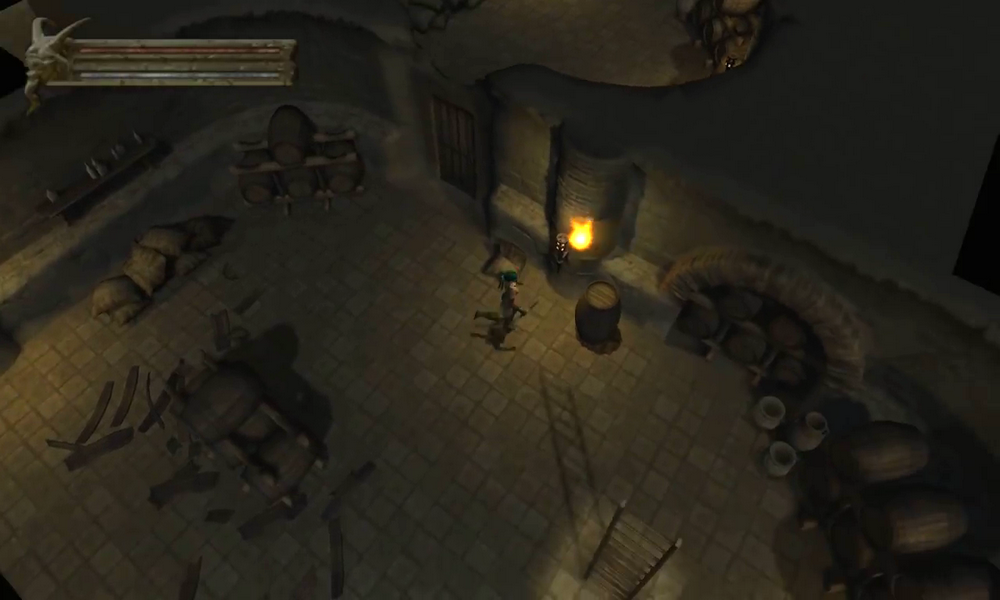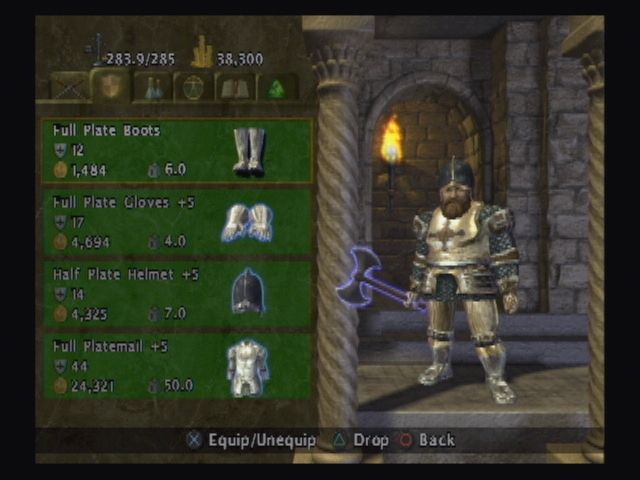


Because of this trend, you end up in a situation where there are obvious good and evil choices, but you're forced to truly roleplay rather than following the Captain Picard or Darth Vader approaches to problems. Or, for that matter, that it will not screw you over in the long run. There's always a third option out of any situation, an opportunity to get out of a problem, but you can never be wholly certain it's a choice you would want to make. Many of these are not obvious, some are even extremely costly, but if you're smart or simply dedicated enough, you can offset the worst consequences of your actions. However, while there is freedom and consequences for every action you take, games like Baldur's Gate always step in to make sure that there's a way back. Every path you take opens new doors but slams others behind you, and can even force away potential allies if you make the wrong choice. After all, if you go full Doctor Doom, lynching people on sight and robbing others blind, guards will often be openly hostile to your approach and shopkeepers will withhold their best items. Are you a hero of the people, a tyrant in the making, or are you simply in it for the money? Every option here is open to you, and the world will react to each choice you make. While there is a singular character arc, a major final battle and a few key events which need to play out, the methods you use are entirely up to you.

The most defining point of games like Baldur's Gate lies in their choices, especially when it comes to just how you shape your quest. These are games like Baldur's Gate, which rework, reinvent and even restart ideas with enough power and impact to even usurp many old established favourites of the industry. Often the result leads to as many steps forwards as ones backwards, as developers try to take inspiration from something they do not understand, but you can always find that moment of greatness in the original trend setters. Every genre has their turning points, where one idea is sparked and all others follow.


 0 kommentar(er)
0 kommentar(er)
